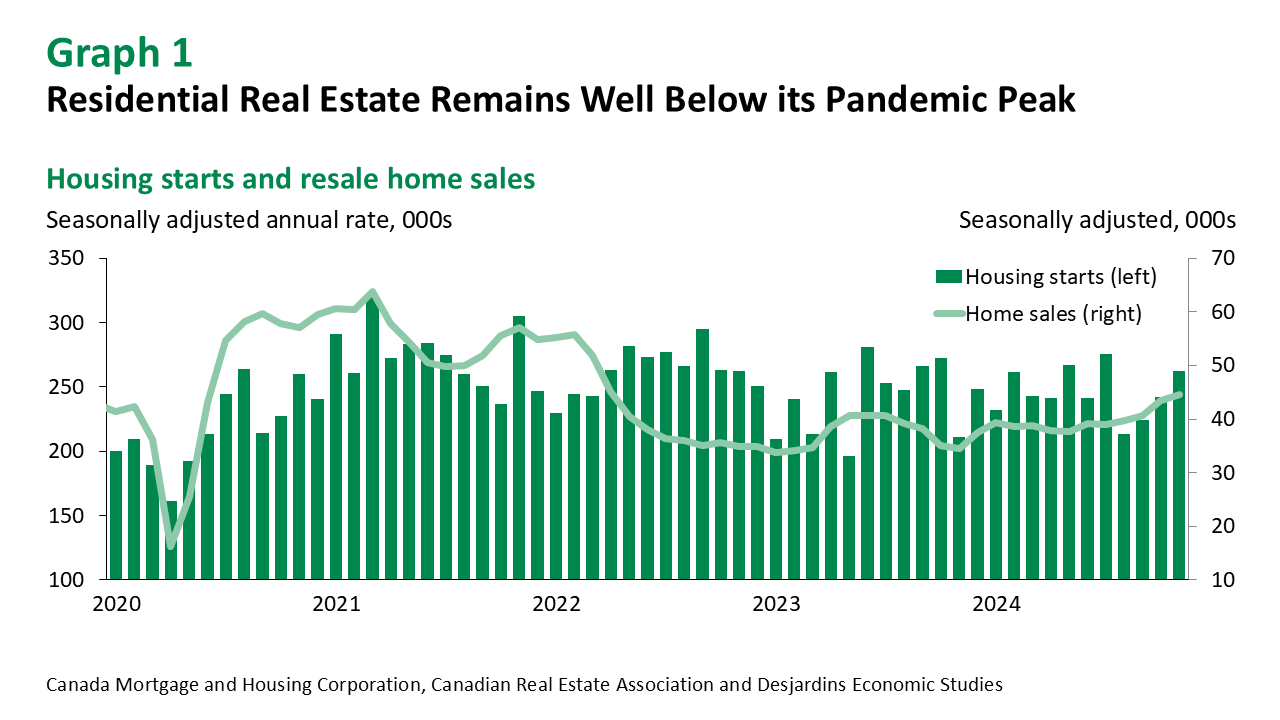Whelp. Doubling housing starts doesn't seem to be a likely scenario. CMHC used to think that the idealized scenario of doubling housing starts could maybe bring affordability to 2004 levels, but now maybe it could maybe bring it to 2019 levels. If anything, I thought housing starts were dropping recently.
https://www.theglobeandmail.com/busi...tic-benchmark/
CMHC gives up on comparing housing affordability to 2004 levels
https://archive.is/LcYK2
Doubling the pace of homebuilding in Canada will only bring affordability back to levels seen right before the Covid-19 pandemic, according to a new government report that lowers expectations for the impact of construction on housing costs.
Earlier estimates from the national housing agency called for a similar boost in home construction and targeted 2030 as the year it could be achieved. That previous forecast suggested that a rapid boost in housing supply would bring affordability back to 2004 levels.
Economists surveyed by Bloomberg expect Canada’s housing starts to average 230,000 units between 2025 and 2027, a significant deceleration in construction because interest rates and economic uncertainty have weighed on the industry.
Last year, all the costs of home with a typical mortgage would have eaten up about 54% of the average Canadian household’s income, the CMHC report shows. The current rate of home construction would result in almost no improvement in that ratio over the next 10 years.
https://www.cmhc-schl.gc.ca/professi...-new-framework
CMHC has been assessing how much housing is needed to restore affordability. We now estimate that housing starts must nearly double to around 430,000 to 480,000 units per year until 2035 to meet projected demand. This will require action by everyone to change how we build homes.
Changes in our approach
First, the time it takes to get approval for and build new housing means that our 2030 timeline is no longer realistic. While building a new structure may take 1 or 2 years, getting the approvals to rezone land is a multi-year process.
To reflect these timelines, we’ll begin presenting our results on a rolling 10-year horizon. As a result, for this report, we estimate how much housing is needed by 2035. We also present our results to highlight the change in the number of housing starts required per year rather than a cumulative total. This will ease comparison with current and potential rates of housing construction.
Second, restoring affordability to levels last seen 2 decades ago isn’t realistic, especially after the post-pandemic price surge. COVID-19 significantly changed the affordability landscape across the country. In particular, Toronto and Vancouver face more structural affordability challenges that require more time to address.
As a result, we’re changing our aspiration to restoring affordability to levels seen just before the pandemic.
EDIT: Here is the historical trend of housing starts:
